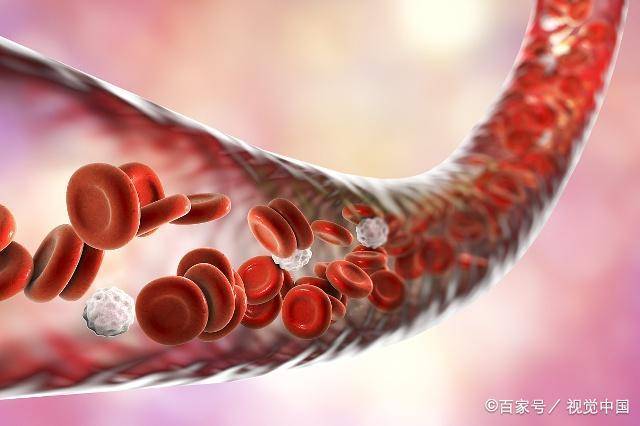In recent years, the number of people suffering from vascular diseases has been increasing. In fact, when people have vascular problems, it is mostly related to their overall health. Poor vascular health can lead to blockages, making it easier to develop “three highs” (hypertension, high cholesterol, and high blood sugar), ultimately endangering one’s life.
Many people think that only middle-aged and elderly individuals are prone to cardiovascular diseases. However, recent studies have shown a trend of vascular issues affecting younger people. Therefore, it is important to cultivate good eating habits and daily routines to prevent the occurrence of blood clots.
Some people often claim that eating onions or black fungus can help protect vascular elasticity by removing toxins and waste from the blood vessels. Is it really true that having good blood vessels depends only on diet? Reminder: A natural “blood thinner” has been discovered, hope you enjoy eating.
A natural vascular “cleaner” has been found, and it’s not onions or black fungus. Eating them daily can help divert blood clots.
The substances found in onions can indeed help protect blood vessels to some extent, reducing the occurrence of vessel blockages and aiding in the prevention of blood clots, although they may not alleviate existing problems but rather assist in prevention to some degree.
Black fungus is also hailed as a good companion for vascular health due to its high unsaturated fatty acid content, which upon consumption can help reduce cholesterol levels in blood vessels, minimizing blockages and offering protection. Hence, the real vascular cleaners are not onions or black fungus, but rather the following foods.
Buckwheat: Buckwheat is much better at maintaining vascular health than onions and black fungus because it contains a crucial substance called “rutin,” which is absent in onions and black fungus. Rutin helps improve vascular elasticity, keeping blood vessels clear and reducing the chance of blockages.
Drinking buckwheat water regularly can effectively protect blood vessels, known as a natural vascular “cleaner,” helping eliminate toxins and waste from the body, promoting vascular elasticity, and preventing blood clots.
Walnuts: Walnuts can also help protect blood vessels to some extent. Aside from being well-known for brain health benefits, walnuts contain amino acids that aid in improving vascular elasticity, maintaining continuous blood flow without blockages.
Walnuts have antioxidant components that help slow down vascular aging and reduce damage caused by free radicals, keeping blood vessels elastic. Therefore, walnuts are also known as a natural “blood thinner” that maintains healthy blood vessels.
Oats: Oats are considered a staple for health and weight management, as they reduce the absorption of fat cholesterol in the intestines and enhance the excretion of cholesterol in the bloodstream, assisting in lowering overall body fat content.
Thus, oats can lower blood lipid levels in the body, reducing blood viscosity and helping keep blood vessels clear, diverting blood clots away.
Celery: Celery is a familiar food known for its potential in lowering blood sugar, pressure, and lipids, making it an effective tool for vascular health when dealing with “three highs.” From a scientific standpoint, celery indeed aids in reducing blood sugar, pressure, and lipids, thereby safeguarding vascular health in the best possible way, serving as a natural vascular “cleaner” – hope you enjoy eating.
Fish: While it’s commonly advised to avoid consuming meat if experiencing “three highs,” fish is an exception. Fish contains fish oil, which softens blood vessels and prevents issues like vascular hardening and loss of elasticity. Therefore, including fish in your diet can reduce the risk of vascular system diseases and enhance blood flow smoothness.
As individuals age, various aspects of their bodies experience gradual aging, making it essential to learn how to care for oneself, especially in terms of vascular health. When vascular problems arise, they can pose significant risks to life. Therefore, it’s crucial to develop good lifestyle and dietary habits to protect the blood vessels and prevent blood clots.


